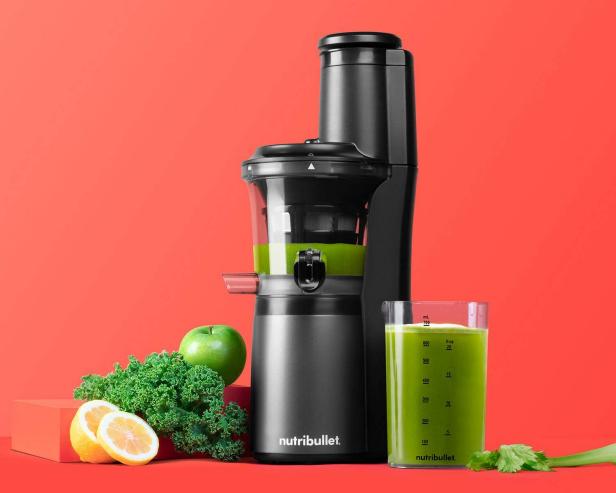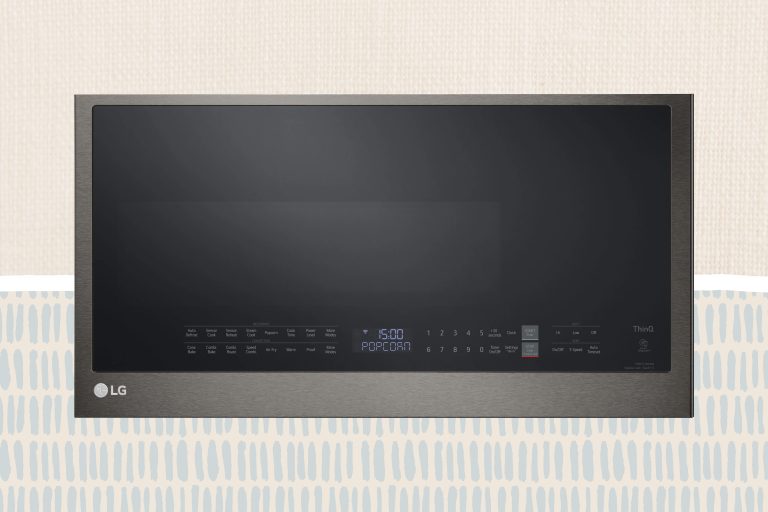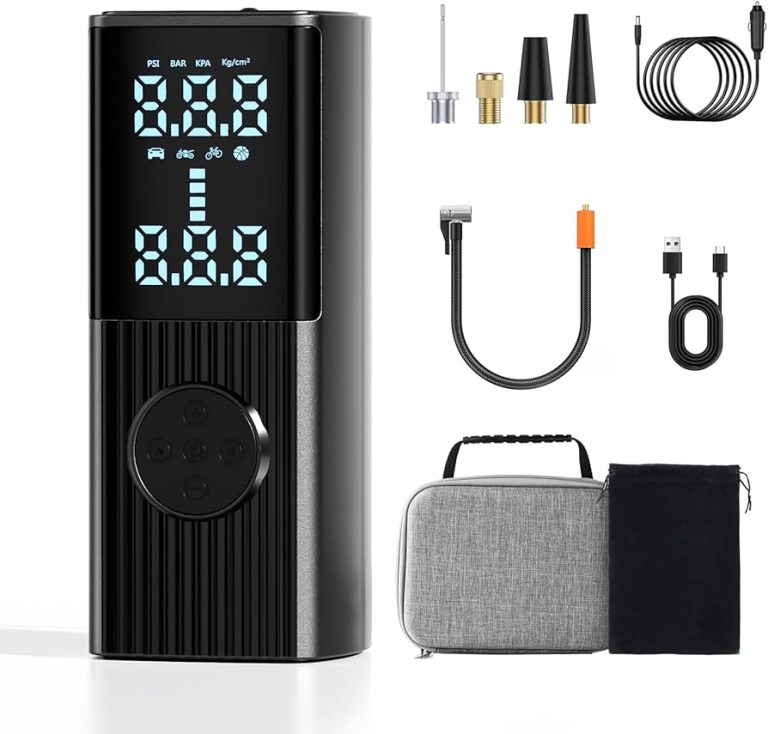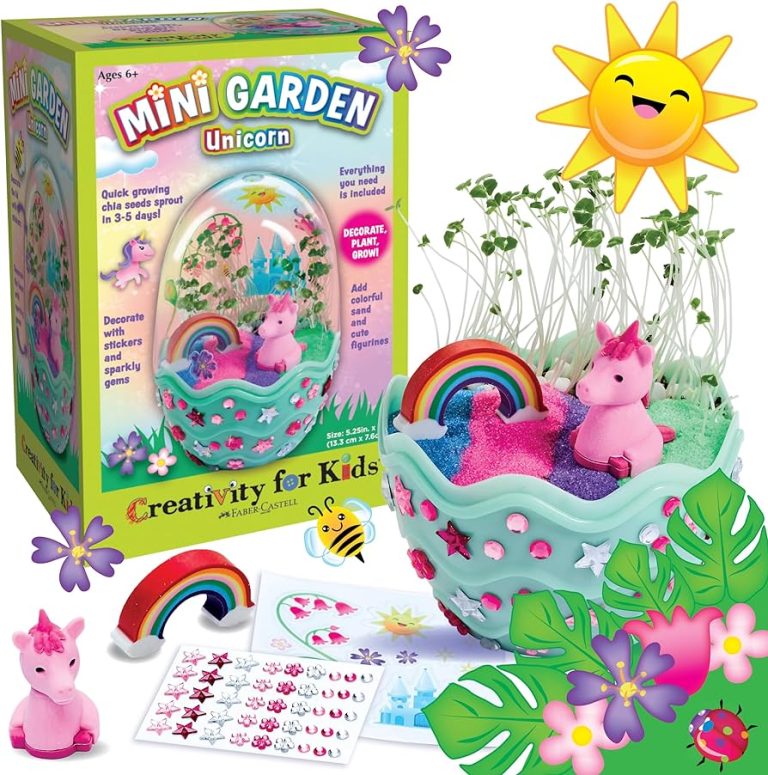9 Best Juicers for Every Need: From Compact to Heavy-Duty Picks
If you’re looking to boost your daily nutrient intake, investing in a high-quality juicer can be a game-changer. With so many options on the market, finding the right one can feel overwhelming. That’s why we’ve narrowed it down to the 9 best juicers to simplify your decision-making process.
The 1st Best Juicer: Centrifugal Juicers
Overview of Centrifugal Juicers
Centrifugal juicers are incredibly popular for their speed and convenience. Using a fast-spinning blade, these juicers extract juice from fruits and vegetables in seconds. They’re ideal for busy mornings when you need a quick, nutrient-packed drink.
Pros and Cons
- Quick Juice Extraction: You get your juice in seconds, perfect for busy schedules.
- Easy to Use: Simple design makes these juicers user-friendly.
- Affordable: Generally more budget-friendly than other types of juicers.
- Wide Feed Chute: Often accommodates whole fruits, reducing prep time.
- Loud Operation: High speed means more noise.
- Oxidation: Faster spinning blades introduce more air, potentially reducing juice shelf life.
- Less Efficient: May leave wetter pulp, indicating less juice extraction.
- Not Great for Leafy Greens: Struggles with fibrous veggies like kale and spinach.
The 2nd Best Juicer: Masticating Juicers
If you’re looking for a juicer that provides high-quality juice with more nutrients, masticating juicers might be your best bet. Let’s explore what makes masticating juicers stand out.
Overview of Masticating Juicers
Masticating juicers, also known as slow juicers or cold-press juicers, operate at a slower speed compared to centrifugal juicers. They use a single auger to crush and press fruits and vegetables, ensuring minimal heat buildup and oxidation. This process helps preserve nutrients, enzymes, and flavor, making them ideal for health enthusiasts aiming for nutrient-rich juice. Masticating juicers excel in extracting juice from a variety of produce, including hard vegetables, soft fruits, and especially leafy greens like kale and spinach.
Pros and Cons
Pros:
- Nutrient Preservation: Masticating juicers operate slowly, which minimizes heat and oxidation, helping retain more vitamins, enzymes, and minerals in your juice.
- Higher Juice Yield: These juicers extract more juice from produce, leading to less waste and more bang for your buck.
- Versatile: They handle a wide range of produce effectively, including leafier greens, wheatgrass, and even nuts for nut milk.
- Longer Shelf Life: The juice produced has a longer shelf life due to lower oxidation, allowing you to store it for up to 72 hours in the refrigerator without significant nutrient loss.
- Slower Process: The slow operation means it takes more time to produce juice, which may not be ideal if you’re in a hurry.
- Higher Cost: Masticating juicers are generally more expensive upfront compared to centrifugal juicers.
- Bulky Design: These juicers tend to be larger and heavier, taking up more counter space and being less portable.
- More Prep Time: Produce often needs to be cut into smaller pieces to fit the juicer’s narrow feeding chute, increasing prep time.
The 3rd Best Juicer: Twin Gear Juicers
Overview of Twin Gear Juicers
Twin gear juicers, also known as triturating juicers, are some of the most efficient juicers available. They operate using two interlocking gears that crush and grind produce to extract juice. This method ensures maximum nutrient preservation and juice yield. Ideal for health enthusiasts, these juicers handle a variety of produce, including hard vegetables, leafy greens, and wheatgrass, with ease.
Pros and Cons
- Maximize Nutrient Retention: Twin gear juicers use a slow, meticulous extraction process that preserves more vitamins, enzymes, and minerals compared to other juicer types.
- High Juice Yield: You get more juice from the same amount of produce, which means less waste.
- Versatile: These juicers can handle various ingredients, including fruits, vegetables, leafy greens, and even nuts for making nut butter.
- Long Juice Shelf Life: The slow process minimizes oxidation, meaning your juice stays fresh and nutritious for longer.
- Expensive: Twin gear juicers are typically more costly than centrifugal and masticating juicers, making them a significant investment.
- Complex Assembly: They have more parts, making them harder to assemble, disassemble, and clean.
- Bulky Design: These juicers tend to be larger and heavier, requiring more counter and storage space.
- Time-Consuming: The juicing process is slower, and the prep time can be longer due to the need to cut produce into smaller pieces.
The 4th Best Juicer: Citrus Juicers
Overview of Citrus Juicers
Citrus juicers are designed specifically for extracting juice from citrus fruits like oranges, lemons, limes, and grapefruits. These juicers come in various types, including manual reamers, electric reamers, and motorized presses. They typically feature a cone-shaped reamer that rotates to extract the juice, separating it from the pulp and seeds.
Pros and Cons
Pros
- Affordable: Citrus juicers are generally less expensive than other types of juicers.
- User-friendly: Easy to operate with minimal setup and cleanup required.
- Efficient: Quickly extracts juice from citrus fruits with minimal effort.
- Compact: Small and lightweight, making them easy to store.
- Limited use: Designed only for citrus fruits and can’t juice other types of produce.
- Manual labor: Manual models require physical effort, which might not be ideal for everyone.
- Lower capacity: Usually, they have a smaller juice yield compared to other juicer types.
The 5th Best Juicer: Manual Press Juicers
Manual Press Juicers are perfect for those who enjoy hands-on juicing. These juicers rely on your effort rather than electricity, making them eco-friendly and silent.
Overview of Manual Press Juicers
Manual press juicers use a hand-operated mechanism to extract juice. They typically have a lever or a screw press to apply pressure on fruits or vegetables. This slow yet steady operation ensures maximum juice extraction without heating the juice, preserving essential nutrients and enzymes. Manual press juicers are particularly effective for citrus fruits and wheatgrass but can handle other types of produce as well.
Pros and Cons
Pros:
- Quiet Operation: Manual press juicers don’t use motors, making them extremely quiet.
- Eco-Friendly: These juicers don’t consume electricity, making them an environmentally friendly option.
- Nutrient Retention: The slow pressing method helps retain more nutrients and enzymes.
- Durability: Built with fewer parts, they are highly durable and less prone to mechanical failure.
- Physical Effort: You need to apply significant physical effort, which might not be ideal for everyone.
- Speed: The juicing process is slower compared to electric juicers.
- Limited Versatility: While excellent for citrus fruits and wheatgrass, they might struggle with hard vegetables and larger fruits.
- Low Juice Yield: May not extract as much juice as electric counterparts, especially from harder produce.
Using a manual press juicer can be a rewarding experience, especially if you enjoy the hands-on process and value nutrient-rich juice.
The 6th Best Juicer: Vertical Slow Juicers
Vertical Slow Juicers are a fantastic addition to the world of juicing, offering a unique design with many benefits.
Overview of Vertical Slow Juicers
Vertical Slow Juicers operate by slowly crushing and pressing fruits and vegetables to extract juice. Their upright design saves counter space, making them ideal for compact kitchens. These juicers often come with a powerful auger that efficiently processes a variety of produce, including leafy greens and hard vegetables.
Pros and Cons
- Space-saving Design: Vertical Slow Juicers take up less counter space.
- High Juice Yield: They extract more juice compared to centrifugal juicers.
- Quiet Operation: These juicers produce less noise, making them suitable for morning juicing.
- Nutrient Retention: The slow extraction process preserves more vitamins and enzymes.
- Longer Prep Time: You may need to cut produce into smaller pieces.
- Slow Juicing Process: It takes more time to produce juice compared to other types.
- Higher Cost: These juicers can be more expensive than centrifugal ones.
- Complex Cleaning: Some models have more parts, making cleaning tedious.
The 7th Best Juicer: Horizontal Slow Juicers
Horizontal Slow Juicers excel at efficiently extracting juice while preserving nutrients. They’re perfect for those wanting high-quality juice from various produce.
Overview of Horizontal Slow Juicers
Horizontal Slow Juicers operate by slowly crushing fruits and vegetables. This process minimizes heat, preventing nutrient loss and oxidation. These juicers can handle leafy greens, wheatgrass, and hard produce like carrots. Models often come with attachments for tasks like making pasta or sorbet, adding versatility to your kitchen.
Pros and Cons
- Efficient Juice Extraction – Horizontal Slow Juicers produce a high juice yield, especially with leafy greens and hard produce.
- Nutrient Preservation – They maintain more vitamins, minerals, and enzymes by generating minimal heat and oxidation.
- Versatile Functions – Many models include attachments for tasks beyond juicing, such as grinding coffee beans or extruding pasta.
- Durable Build – These juicers tend to have sturdy designs, often lasting longer than other types.
- Slower Operation – The slow juicing process takes more time compared to centrifugal juicers.
- Bulky Size – Horizontal models require more countertop space, which might be an issue in smaller kitchens.
- Higher Cost – These juicers are typically more expensive, reflecting their versatility and durability.
- Complex Cleaning – With multiple parts and attachments, cleaning can be a time-consuming task.
The 8th Best Juicer: Juice Presses
Juice presses, also called hydraulic juice presses, offer an efficient way to extract juice with minimal oxidation.
Overview of Juice Presses
Juice presses use hydraulic pressure to extract juice from fruits and vegetables. These machines crush produce, then press it with strong force to ensure maximum liquid extraction. Unlike other juicers, they don’t create heat during the process, preserving more nutrients. Juice presses are ideal for making raw, cold-pressed juices that maintain their freshness longer.
Pros and Cons
Pros:
- High Nutrient Retention: Juice presses don’t generate heat, maintaining vitamins, enzymes, and nutrients.
- Maximum Yield: They extract a greater quantity of juice from produce, ensuring less waste.
- Longer Shelf Life: Juice retains its freshness and quality for up to 72 hours due to minimal oxidation.
- Expensive: Juice presses typically cost more than other types of juicers.
- Bulky: They require more counter space, making them less ideal for small kitchens.
- Time-Consuming: Cleaning can be labor-intensive due to multiple parts and intricate design.
Juice presses excel in nutrient preservation and juice yield, but consider their cost and maintenance requirements.
The 9th Best Juicer: Compact Juicers
Compact juicers are perfect for those with limited kitchen space and a need for convenience. They offer a practical solution without compromising on performance.
Overview of Compact Juicers
Compact juicers are smaller, lightweight machines designed for easy use and quick storage. They typically use centrifugal technology, making them faster at juicing compared to masticating juicers. Most models feature a user-friendly interface and require minimal assembly, making them ideal for busy lifestyles. Key brands in this category include Breville, Hamilton Beach, and Cuisinart.
Pros and Cons
-
Pros
- Space-Saving: These juicers take up less counter space, which is perfect for small kitchens or apartments.
- Affordable: Generally, they are more budget-friendly compared to high-end masticating or twin gear juicers.
- Quick and Easy to Use: Designed for straightforward operation, they make juicing faster and less of a hassle.
- Portable: Lightweight design allows for easy transportation and storage.
- Noise: Because they mainly use centrifugal force, they can be noisier than other types.
- Less Efficient: They may not extract as much juice as masticating or twin gear juicers.
- Foam and Heat: They often produce more foam and can heat up, leading to potential nutrient loss.
- Limited Functions: Usually, they can’t handle a range of produce like leafy greens or wheatgrass as efficiently.
Conclusion: Choosing the Right Juicer for Your Needs
Selecting the perfect juicer depends on your lifestyle and specific juicing goals. Whether you prioritize speed, nutrient preservation, or space efficiency, there’s a juicer tailored for you. Centrifugal and Masticating Juicers offer different benefits, while Twin Gear Juicers provide unparalleled efficiency. For citrus lovers, Citrus Juicers and Manual Press Juicers are ideal.
Vertical and Horizontal Slow Juicers excel in nutrient retention, and Compact Juicers are perfect for those with limited kitchen space. Brands like Breville, Hamilton Beach, and Cuisinart lead the way in this category, offering quick operation and easy storage.
Investing in a high-quality juicer can significantly enhance your daily nutrient intake. Take the time to assess your needs and choose a juicer that fits your lifestyle. With the right juicer, you’ll enjoy delicious, nutrient-rich juices that support your health and well-being.
Frequently Asked Questions
What is the main difference between Centrifugal and Masticating Juicers?
Centrifugal juicers are faster, using high-speed spinning to extract juice, but they may generate heat that can destroy some nutrients. Masticating juicers work slower, crushing the produce to extract juice, thereby preserving more nutrients.
Are Twin Gear Juicers worth the complexity?
Yes, Twin Gear Juicers are worth it if you prioritize efficiency and nutrient retention. They offer superior juice yield and preservation of nutrients, though they are more complex to use and clean.
What types of juicers are best for citrus fruits?
Citrus Juicers and Manual Press Juicers are specifically designed for extracting juice from citrus fruits like oranges, lemons, and limes. They are straightforward to use and clean.
How do Vertical Slow Juicers retain nutrients?
Vertical Slow Juicers operate at low speeds, minimizing heat and oxidation. This slow process helps retain more nutrients compared to high-speed juicers.
Why are Horizontal Slow Juicers recommended for juice extraction?
Horizontal Slow Juicers are efficient at extracting juice and preserving nutrients. Their design allows for thorough juicing, especially for leafy greens and herbs.
What makes Compact Juicers a good option for small kitchens?
Compact Juicers are ideal for limited kitchen space due to their small size and ease of storage. They offer quick operation and are generally more affordable.
Which brands are popular for Compact Juicers?
Top brands for Compact Juicers include Breville, Hamilton Beach, and Cuisinart. These brands are known for their user-friendly designs and reliability.
What are the downsides of using Compact Juicers?
Compact Juicers may produce more noise, be less efficient in juice extraction, and have limitations with certain produce types like leafy greens and hard vegetables.
Is a high-quality juicer a worthwhile investment?
Yes, investing in a high-quality juicer tailored to your needs can enhance your juicing experience, providing nutrient-rich outcomes and greater satisfaction.
Can Manual Press Juicers handle all types of produce?
No, Manual Press Juicers are mainly suited for citrus fruits and are not ideal for other produce types such as leafy greens or hard vegetables.






